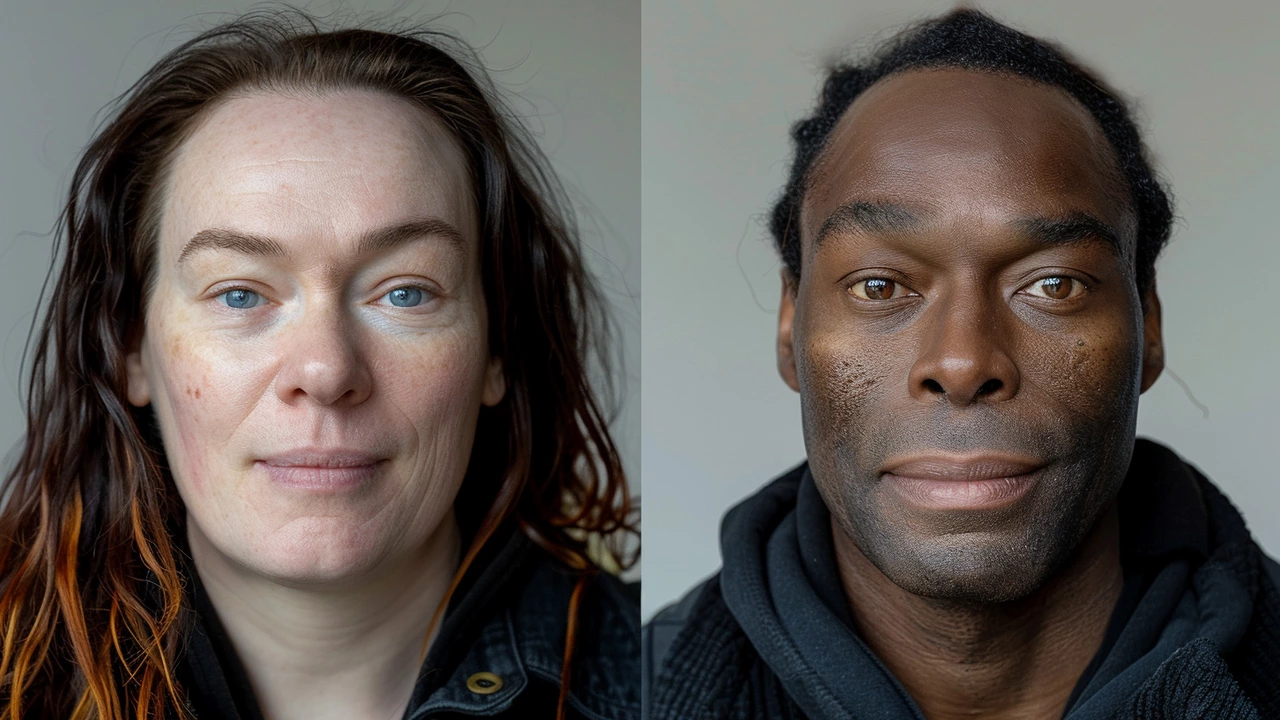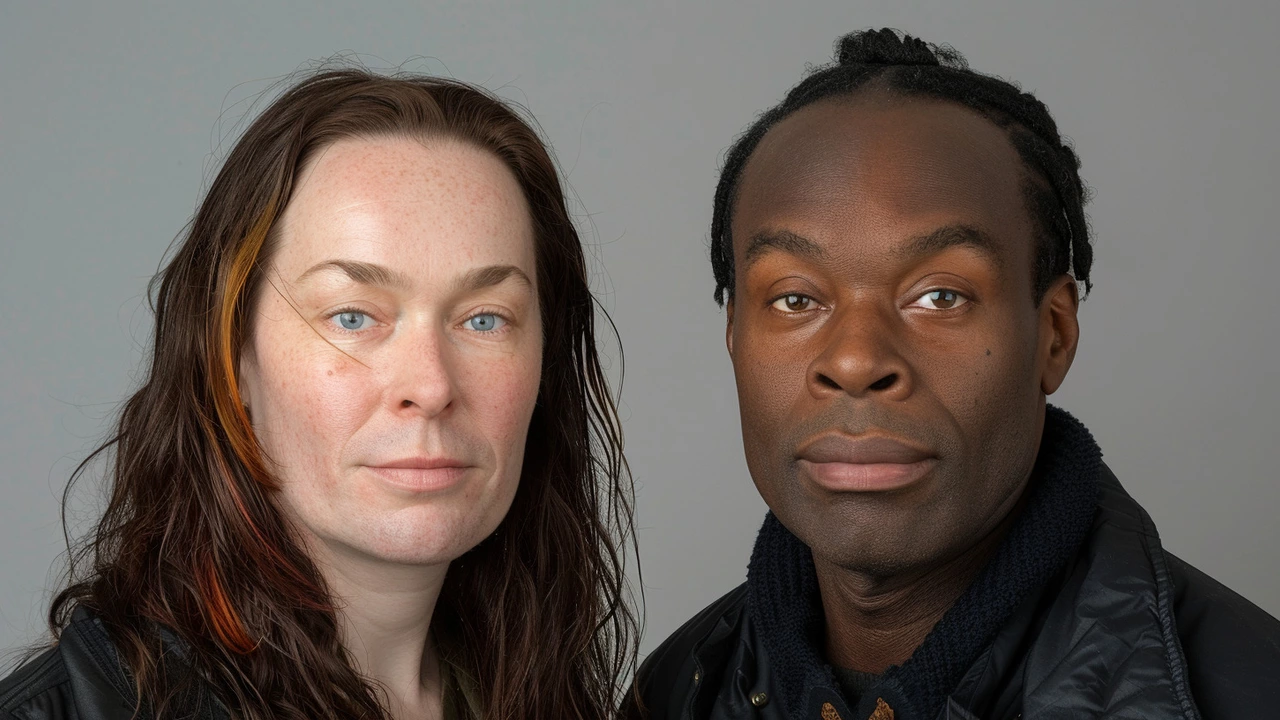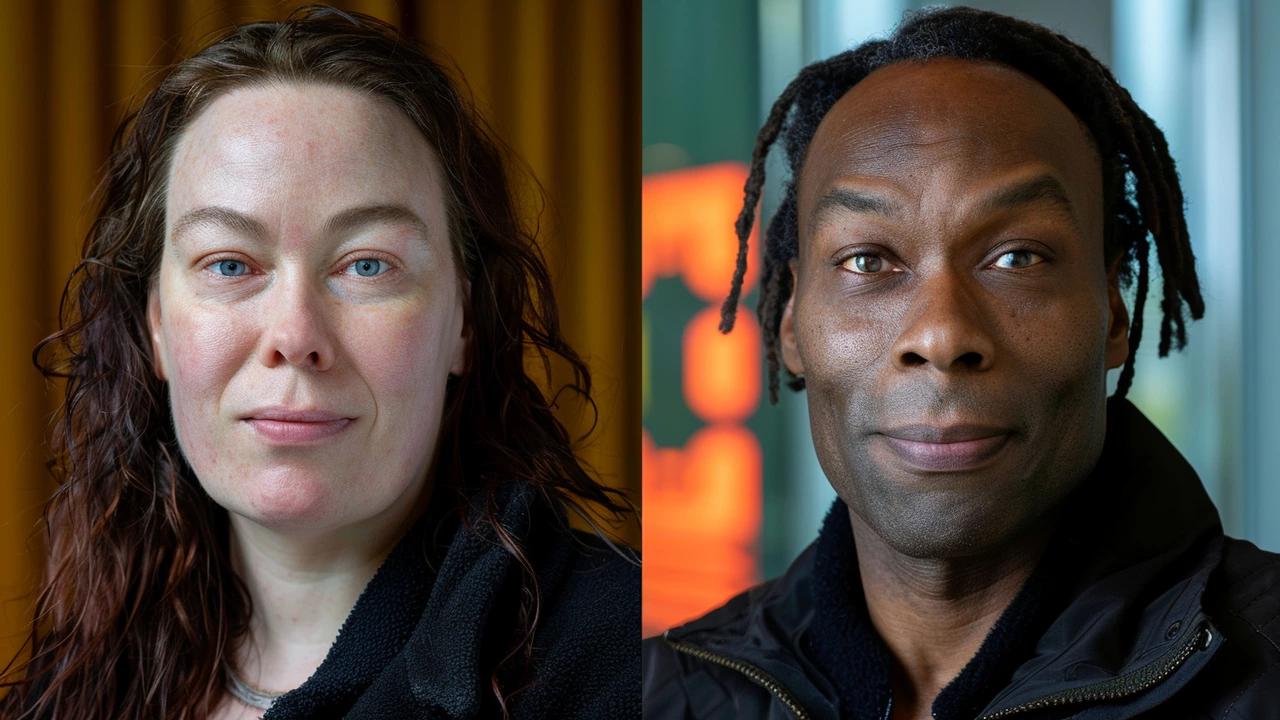High-Profile Trial Ends Without Verdict
In what has been one of the most watched legal proceedings in recent memory, the jury in the manslaughter trial of aristocrat Constance Marten, 37, and her partner Mark Gordon, 50, was discharged after failing to reach a unanimous verdict. The trial centered on the tragic death of their young daughter Victoria, with charges that included manslaughter, gross negligence, and child cruelty. The deliberations, which spanned an arduous 72 hours and 33 minutes, ended inconclusively, bringing a sudden and surprising conclusion to a case that had captivated the public for nearly six months.
Constance Marten, a member of a prominent aristocratic family, and Mark Gordon, her partner of several years, were accused of causing or allowing the death of their daughter during a camping trip on the unforgiving South Downs between January 4 and February 27 of the previous year. The prosecution argued that the couple's decision to camp in harsh winter conditions amounted to gross negligence, and that their actions directly led to their child's untimely death.

The Tragic Incident on the South Downs
According to court documents, the couple had chosen to embark on a camping trip despite severe winter weather warnings. The South Downs, known for its rugged and beautiful landscape, became the setting for a tragedy that would later lead to serious legal consequences. Details presented during the trial depicted a bleak scenario: temperatures plummeting below freezing, inadequate provisions, and a young child exposed to the elements without proper shelter or protection.
Victoria's death was a shocking blow not only to her family but to the broader community. Neighbors, acquaintances, and even those who did not know the family were drawn to the story, which seemed to combine elements of privilege, neglect, and a tragic misunderstanding of the risks inherent in nature. As the case unfolded, it attracted significant media attention, with many questioning how such a respected figure in society could find herself embroiled in such a dire situation.
The Legal Battle
During the trial, prosecutors laid out a detailed case against Marten and Gordon, accusing them of gross negligence and child cruelty. They contended that the couple's decision to go camping under such perilous conditions was not only irresponsible but criminally negligent, leading to their daughter's preventable death. In addition to manslaughter and gross negligence, the couple faced charges of perverting the course of justice by concealing Victoria's body after her death.
The defense, however, painted a different picture. They argued that Marten and Gordon were devoted parents who had made a tragic, albeit misguided, decision. They highlighted the couple's sorrow and the unimaginable grief they had suffered since Victoria's passing. Each claim by the prosecution was met with counterarguments that sought to humanize the couple and depict their actions as tragic errors rather than egregious legal violations.
During the lengthy period of jury deliberations, it became evident that finding a unanimous verdict would be challenging. The jurors' struggle to reach a conclusion reflected the complex nature of the case—its deeply emotional undertones, contrasting narratives, and the gravity of the charges against Marten and Gordon.

The Discharge and Its Implications
After 72 hours and 33 minutes, Judge Mark Lucraft KC, the Recorder of London, dismissed the jury, citing their inability to come to a consensus. The remaining jurors were visibly exhausted, and the atmosphere in the courtroom was one of tension and resignation. This outcome left many questions unanswered and cast uncertainty on what the future holds for Constance Marten and Mark Gordon.
With the jury discharged, the trial concluded with no definitive resolution. It remains unclear whether the prosecution will seek a retrial or if new legal strategies will come into play. For now, Marten and Gordon's legal battles are far from over. They continue to plead not guilty to all charges, maintaining their stance that they did not intentionally harm their daughter.
A Society Divided
The case has undoubtedly divided public opinion. Supporters of Marten and Gordon view them as tragic figures caught in an unfortunate situation. They argue that the death of their child, while heartbreaking, does not equate to criminal responsibility. Others see the case as a stark reminder of the responsibilities that come with parenthood, especially in the face of preventable dangers. They believe that the couple should be held accountable for their actions, irrespective of their social standing.
As the public grapples with the complexity of this case, one thing is certain: the debate surrounding Marten and Gordon's actions and the tragic loss of their daughter will continue to resonate, highlighting the intricate balance between parental judgement and legal responsibility. The societal implications, the portrayal of privilege, and the tragic consequences of seemingly innocent decisions remain at the forefront of public discourse.

What Lies Ahead
As Marten and Gordon return to their lives awaiting possible further legal action, questions loom about the future of this case. Will the prosecution push for another trial? Can the defense solidify their argument to exonerate the couple? More than the legal outcome, the proceedings have sparked a broader conversation about parental responsibilities, societal expectations, and the often cloudy area where tragic accidents meet legal accountability.
The lingering question that continues to perplex and engage the public is whether justice for Victoria can be achieved, and what form that justice will ultimately take. The coming months may provide some answers, but for now, both the legal system and society remain in a state of contemplation and anticipation.
